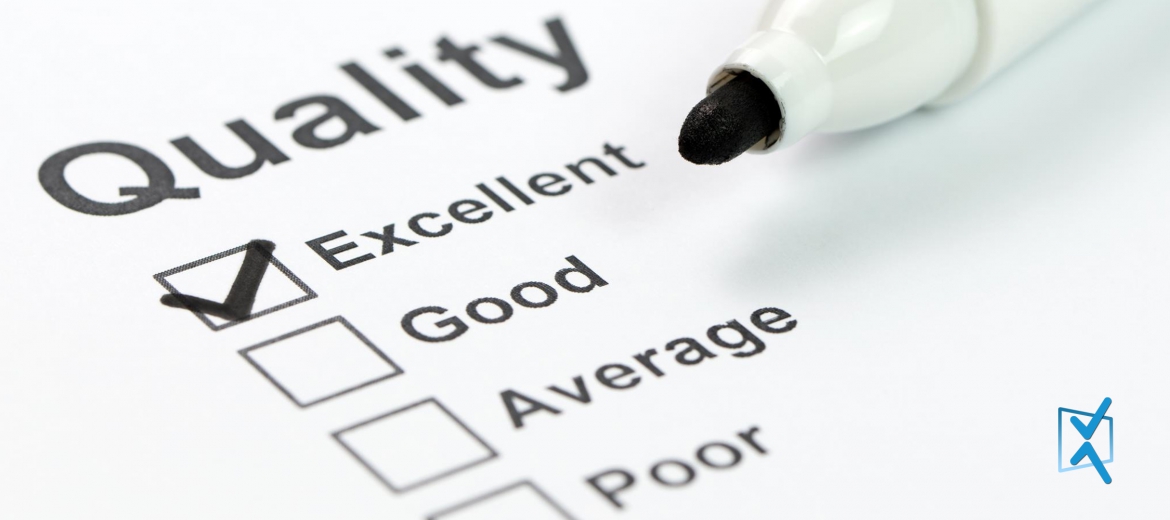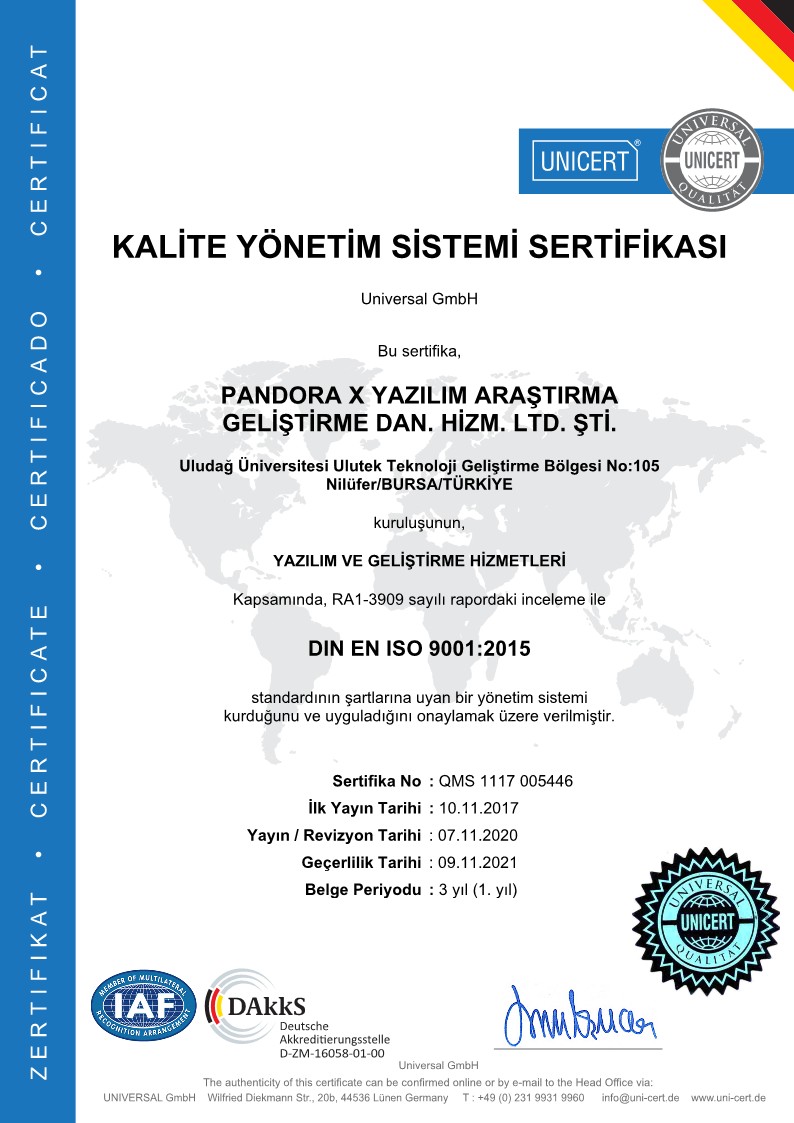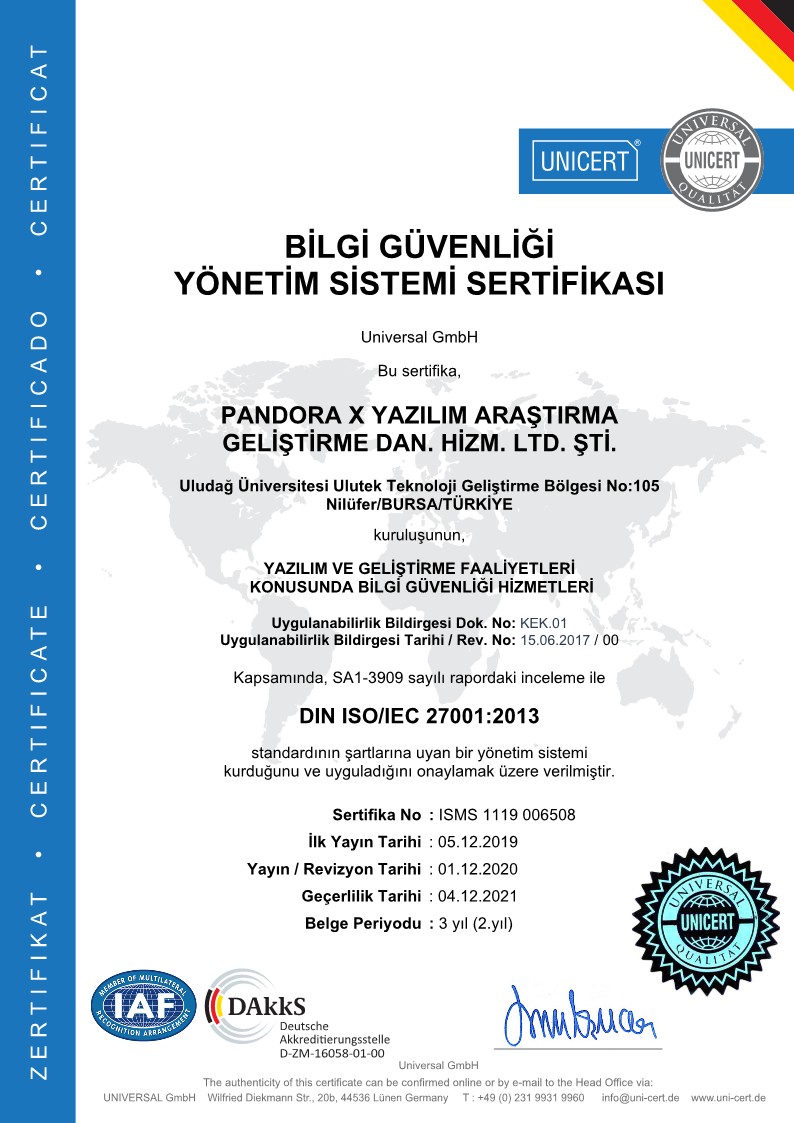Quality Assurance is key to quality care
What is Quality Assurance?
In healthcare, Quality Assurance means to maintain a high quality of health care by consistently monitoring and measuring the effectiveness of the services that provide it. In every single industry quality assurance plays an important role, and the healthcare industry is no exception.
It is particularly important that health care has effective quality assurance processes in place. This is because the healthcare industry is being monitored far more intensely than it ever has been before. Both hospitals and care homes are under serious scrutiny, for all the right reasons. However, the reputations of services can be severely damaged if they are found to be inadequate.
Audit and Inspections
One way to consistently monitor standards of a service is to have a robust cycle of audit in place. Audits can be scheduled or can be responsive to immediate need, quickly addressing concerns. Therefore having a audit cycle in place is an essential part of the continuous quality improvement process.
Audits focus on making improvements and not about fault-finding or blame. Audit can help services identify and promote good practice. This in turn leads to improvements in service delivery and better outcomes for people who use the services. Audit is also an opportunity to to showcase and promote excellent practice. However, where there are gaps, audit provides a tool whereby it can look at actions for improvement.
The other focus of Quality Assurance teams are to carry out inspections, often in the same way CQC do. This helps to prepare services for pending inspections and focuses the attention on key areas that need some improvement. Mock inspections help to maintain standards and encourage the staff teams to take responsibility for implementing changes if needed. Then on the day of real inspections the process will hopefully be much smoother and have a positive outcome!
Root Cause Analysis
In hospital settings, the Quality Assurance team will also have responsibility for monitoring serious incidents. Serious incidents have to be reported to a number of external stakeholders and then a root cause analysis must be carried out. In simple terms, root cause analysis is a technique for identifying the underlining cause of an incident. It is not about looking at an incident to find out what went wrong, instead it is looking to see what happened and why. Root cause analysis is concerned with learning from serious incidents to try and prevent the incident from happening again.
Whether it's audit, inspection or root cause analysis, sharing the learning throughout the service is also essential to implementing change. The actions and learning may include training, the creation of more efficient processes, or even the development of new software. There are always new and innovative ways to ensure improvements are made, and this is an ongoing process.
One of the most effective ways to be able to monitor and evaluate care is through the use of a care management system. Pandora care management system provides the software to allow a simple and effective way to monitor systems and processes. For example, to carry out an audit on physical health records there will be no need to spend time gathering together lots of paper files. Pandora Care can provide all the data you need with a few clicks of a button, therefore saving time and resources. It also provides the function to share action plans and tasks that have been created following an audit or inspection. This means that all staff are accountable for actions, but also means that have access to shared learning.
Remember, Quality Assurance is a journey and not a destination.




